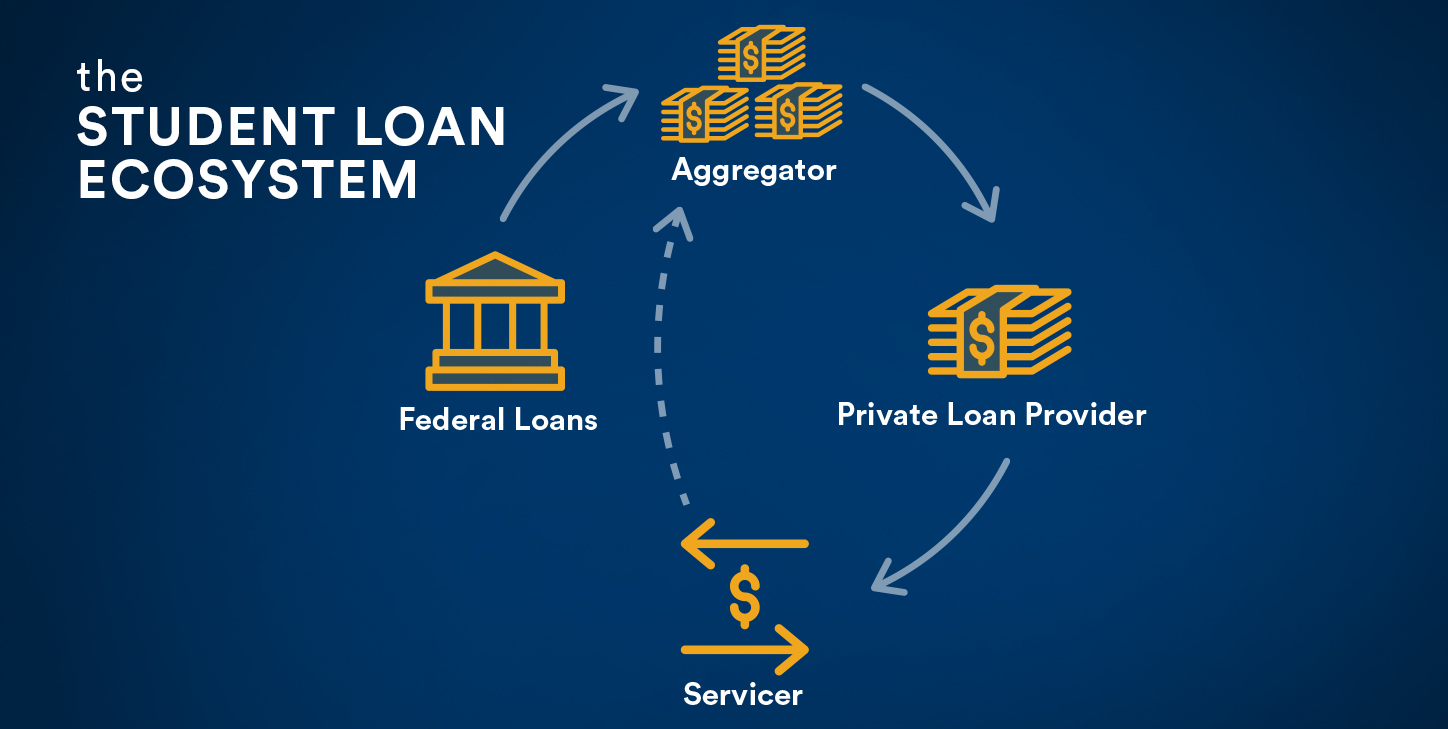A Comprehensive Guide to Home Loans: Services and Options Explained
Charting the globe of home loans can be intricate. Different choices exist, each with unique attributes and implications for potential home owners. Comprehending the differences in between government-backed and traditional car loans is essential. The application procedure includes precise paperwork and pre-approval steps that several forget. As customers begin on their home-buying journey, recognizing how to take care of these obligations successfully might suggest the difference between financial stability and challenge. What approaches can equip them on this course?
Comprehending Home Loans: Types and Terms
Recognizing the different kinds of mortgage and their linked terms is crucial for prospective property owners, as it equips them with the knowledge required to make enlightened economic decisions. Mortgage can be broadly categorized right into adjustable-rate and fixed-rate home mortgages. Fixed-rate mortgages keep a constant rates of interest over the life of the funding, offering security in month-to-month repayments. On the other hand, variable-rate mortgages feature rates of interest that might fluctuate after a preliminary fixed duration, possibly resulting in reduced initial repayments yet increased future costs.
Additional terminology is essential for quality. Principal refers to the loan quantity obtained, while interest is the expense of borrowing that amount. The regard to the financing shows its period, normally varying from 15 to three decades. Recognizing these fundamental concepts enables potential buyers to browse the complex landscape of home financing, guaranteeing they choose the appropriate lending alternative that straightens with their monetary situation and long-lasting goals.
Conventional Lendings vs. Government-Backed Loans
A substantial distinction in home funding exists between government-backed finances and conventional loans, each satisfying various customer needs and conditions. Traditional lendings are not guaranteed or guaranteed by the government and generally call for greater credit report and deposits. They are usually interesting customers with stable monetary backgrounds, as they may offer affordable rates of interest and terms.
On the other hand, government-backed lendings, such as FHA, VA, and USDA finances, are developed to help particular groups of borrowers, including first-time property buyers and experts. These loans usually include reduced deposit requirements and more flexible credit rating requirements, making them easily accessible to a wider series of individuals.
Eventually, the option between government-backed and traditional fundings depends upon the customer's monetary scenario, long-term goals, and qualification, making it important to thoroughly examine both alternatives prior to deciding.
The Function of Rate Of Interest in Home Financing
Interest prices play an important function in home financing, affecting borrowers' decisions between fixed and variable price lendings. The option between these alternatives can substantially influence regular monthly payments, affecting general affordability. Understanding exactly how rate of interest rates function is important for anybody maneuvering through the home lending process.
Fixed vs. Variable Rates
Buyers face an important choice when picking in between repaired and variable prices, as this option greatly affects the expense of financing in time. Fixed-rate mortgages use stability, securing a rates of interest for the life of the car loan, which can be advantageous in a rising rate of interest atmosphere. This predictability enables property owners to budget better. On the other hand, variable-rate mortgages, or variable-rate mortgages (ARMs), commonly begin with reduced first rates that can rise and fall based on market problems. While this may cause reduced initial repayments, debtors deal with the threat of increased prices in the future. Inevitably, the choice between fixed and variable rates relies on private financial scenarios, danger tolerance, and assumptions pertaining to future interest price trends.
Influence On Monthly Payments
When assessing home financing choices, the effect of passion prices on regular monthly payments is an essential element to consider. Rate of interest prices directly influence the overall price of loaning, influencing how much a debtor will pay each month. A lower rates of interest lead to smaller month-to-month payments, making homeownership extra budget-friendly. On the other hand, greater prices can greatly raise month-to-month commitments, possibly stressing a homeowner's spending plan. Furthermore, the loan term plays an essential function; longer terms might spread settlements out yet can lead to paying more passion gradually - Cash Loans. Understanding how rate of interest communicate with loan amounts and terms is essential for debtors to make informed economic choices and pick a mortgage that aligns with their long-lasting economic objectives
Home Loan Brokers vs. Straight Lenders: Which Is Right for You?
When taking into consideration a home mortgage, prospective borrowers need to understand the distinctive duties and obligations of home mortgage brokers and straight lending institutions. Each option presents its very own benefits and disadvantages, which can considerably affect the overall expense of financing. An informed selection calls for careful evaluation of these elements to identify the most effective fit for private demands.
Duties and Duties Specified
Navigating the intricacies of home financing needs a clear understanding of the roles and responsibilities of home loan brokers and direct lending institutions. Installment Loans. Mortgage brokers function as intermediaries, connecting consumers with lenders. They examine a debtor's monetary scenario, curate loan options, and guide clients via the application procedure, frequently leveraging several lending institution partnerships to safeguard beneficial terms. On the other hand, straight lenders, such as banks and cooperative credit union, supply loans directly to borrowers. They handle the entire loan process, from application to financing, with a focus on their own items. Each option presents distinctive opportunities for obtaining financing, making it vital for debtors to examine their requirements and choices when deciding between involving a home mortgage broker or collaborating with a direct lender
Advantages and disadvantages Comparison
Picking in between a mortgage broker and a direct lending institution can considerably influence the home funding experience, as each option provides special benefits and drawbacks. Home loan brokers function as intermediaries, giving accessibility to numerous lenders and potentially much better rates, while simplifying the finance process. They might charge costs and count on payment frameworks that might affect their referrals. On the other hand, straight lenders simplify the process by providing in-house lendings, which can bring about faster approvals and less complications. Alternatively, they may have a restricted option of items and less adaptability concerning rates. Eventually, the choice depends upon specific choices, financial situations, and the wanted degree of assistance throughout the mortgage trip.
Cost Ramifications Analyzed
While examining the price implications of mortgage brokers versus direct lenders, possible house owners should think about various factors that can considerably affect their general expenditures. Home loan brokers normally charge costs for their services, which can differ significantly, affecting the overall loan cost. They typically have accessibility to a wider range of funding items and competitive rates, potentially saving customers money in the long run. Conversely, direct lending institutions might offer an extra simple procedure with potentially reduced in advance expenses, however their funding choices may be restricted. It is essential for homeowners to contrast rates of interest, costs, and terms from both loan providers and brokers, guaranteeing they make an informed decision that lines up with their financial goals and demands.
The Mortgage Application Process: What to Expect
The home loan application process can usually really feel intimidating for numerous applicants. It generally starts with collecting essential documentation, including proof of income, credit report, and individual identification. Lenders utilize this details to analyze the applicant's content monetary stability and figure out finance qualification.
Next, applicants submit an official application, which might include filling in on the internet kinds or giving details in individual. During this phase, loan providers examine different factors, such as debt-to-income proportion and credit history, to choose loan terms.
When pre-approved, the lender will perform a thorough evaluation of the property to determine its worth straightens with the lending amount. This phase might likewise consist of added history checks.
After last authorizations and problems are satisfied, the funding is processed, causing the closing stage. Recognizing each action equips candidates, making the journey smoother and a lot more manageable as they move toward homeownership.
Tips for Managing Your Home Financing Responsibly
Effectively steering the home mortgage application process is just the beginning of a liable monetary journey. Managing a home lending needs attention to a number of key techniques. Customers must develop a clear budget plan that fits regular monthly home loan payments, residential property taxes, and insurance coverage. Routinely reviewing this budget aids protect against overspending and warranties timely payments.

Additionally, making additional settlements when feasible can substantially reduce the car loan principal and overall rate of interest paid in time. Customers should likewise preserve open lines of communication with their lender, especially in times of economic trouble - Cash Advance. This can lead to possible remedies such as finance adjustments or re-financing options
It is advisable to check credit history ratings consistently. A great credit history can offer opportunities for far better financing terms in the future. By adhering to these pointers, about his property owners can navigate their financing obligations successfully, ensuring long-term monetary health and wellness and security.
Frequently Asked Questions
What Are Closing Costs and How Are They Determined?
Closing prices incorporate costs related to completing a home loan, including evaluation, title insurance coverage, and financing source fees. These prices usually vary from 2% to 5% of the funding quantity, varying based upon area and loan provider.

Can I Receive a Home Financing With Bad Credit Rating?
Yes, individuals with negative credit history can get a home mortgage, though choices might be restricted. Lenders often require greater down repayments or passion rates, and discovering government-backed finances may enhance chances of authorization.
What Is Home loan Insurance policy and When Is It Needed?
Home mortgage insurance secures lending institutions against default and is commonly required when a customer visit this site right here makes a deposit of much less than 20%. It ensures that loan providers recoup losses if the customer falls short to pay back the funding.
Exactly How Does Refinancing Work and When Should I Consider It?
Refinancing involves replacing a present home loan with a new one, normally to safeguard a lower rate of interest or adjustment funding terms. Property owners ought to think about refinancing when rates of interest drop considerably or their financial situation improves.
What Happens if I Miss a Mortgage Payment?
If a home mortgage settlement is missed out on, the lending institution commonly assesses late costs, reports the misbehavior to credit report bureaus, and might start repossession procedures if payments remain to be overlooked, at some point endangering the homeowner's residential property.
Fixed-rate home loans keep a consistent rate of interest price over the life of the finance, providing stability in month-to-month settlements. A considerable difference in home financing exists between government-backed fundings and standard loans, each catering to various customer requirements and situations. In comparison, government-backed financings, such as FHA, VA, and USDA car loans, are made to assist certain groups of consumers, including new property buyers and professionals. Interest rates play an important role in home financing, influencing consumers' decisions in between variable and set rate finances. Fixed-rate home loans supply stability, securing in an interest rate for the life of the car loan, which can be helpful in a rising rate of interest rate environment.